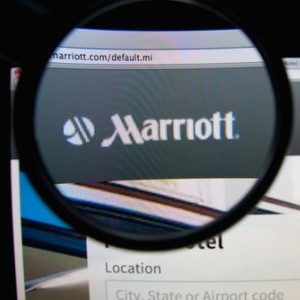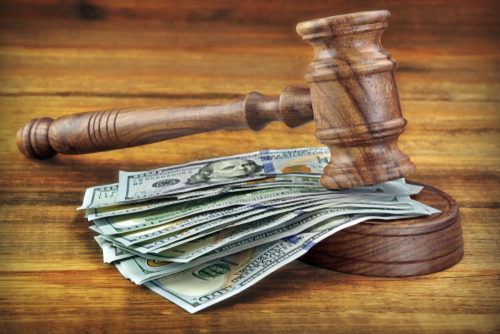Marriott to pay $600K for blocking guests' personal Wi-Fi access at Opryland hotel
Marriott International has agreed to pay the government $600,000 to resolve allegations that it blocked access to guests’ personal Wi-Fi networks at its Gaylord Opryland Hotel.
The Federal Communications Commission says the hotel used a monitoring system to block Internet access via guests’ Wi-Fi hotspots while charging $250 to $1,000 for a wireless access point, depending on the plan. A press release is here (PDF) and the order and consent decree are here (PDF). Publications with stories include the Register, the Tennessean, Reuters and the Washington Post.
A Marriott spokesperson said the hotel chain believes its actions were lawful and it will pursue a rule-making order to assess the merits of the FCC policy. “Marriott has a strong interest in ensuring that when our guests use our Wi-Fi service, they will be protected from rogue wireless hotspots that can cause degraded service, insidious cyberattacks and identity theft,” the hotel said in a statement.
The FCC maintains Marriott’s actions violated Section 333 of the Communications Act, which says: “No person shall willfully or maliciously interfere with or cause interference to any radio communications of any station licensed or authorized by or under this act or operated by the United States government.”




